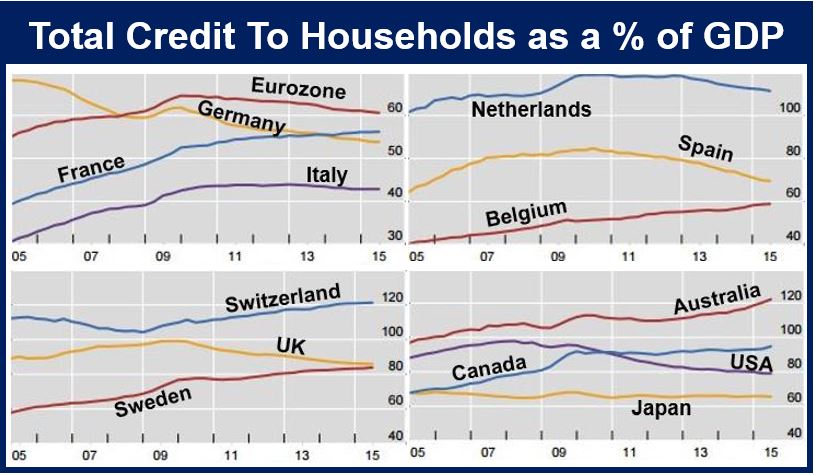BIS (Bank for International Settlements) is arguing for tighter monetary policy, despite the current ‘uneasy calm’ in financial markets. It has long believed that the ‘unthinkably’ low interest rates are fuelling instability in financial markets globally. Monetary policy refers to the decisions of a central bank to control the money supply, inflation and make sure the economy is moving in the right direction.
Market developments in the fourth quarter of this year were driven by the interplay between the shifting prospect for policy normalization in the US, weaknesses in the emerging markets, and accommodation in other rich nations, according to BIS in its December 2015 BIS Quarterly Review.
Following the August-September rout, markets stabilised in October. As Chinese equity and currency markets stabilised, fears of a crisis centred on emerging markets receded.
Policy interventions in the emerging market economies and expectations for accommodative monetary policies in the advanced markets (AEs), including the US, supported sentiment. Asset markets rallied considerably across the world and volatilities declined.
After the FOMC (Federal Open Market Committee) met in October, and a strong US labour market report in November, sentiment shifted – more bets were on an interest rate hike in the US this year. The Federal Open Market Committee, which sets the Federal Reserve’s (Fed’s) interest rates, is set to vote on December 16th. So far this year, the Fed has resisted hiking rates, partly because of the summer’s market turmoil.
US bond yield went up and the dollar re-asserted its strong position, reflecting market sentiment that the policy rates of the US and other AEs would diverge further.
Repeat of ‘taper-tantrum’
Although the emerging markets suffered a particularly steep re-pricing, market reactions were brief. A repeat of the mid-2013 so-called ‘taper-tantrum’ could be seen during the first five days after US payroll data was published.
However, losses in equity, bond and foreign exchange markets in the emerging economies largely recouped their losses by the middle of November.
The Bank for International Settlements wrote:
“The market’s recovery might suggest that EMEs (emerging market economies) could ride out the prospect of US monetary tightening.”
“However, less favourable financial market conditions, combined with a weaker macroeconomic outlook and increased sensitivity to US rates, heighten the risk of negative spillovers to EMEs once US rates do start to rise. Tighter financial conditions could also accentuate rising financial stability risks.”
Head of the monetary and economic department at BIS, Claudio Borio, said:
“At some point, [the tension] will have to be resolved. Markets can remain calm for much longer than we think. Until they no longer can.”
Video – US rate increase creates ‘uneasy calm’, says BIS


